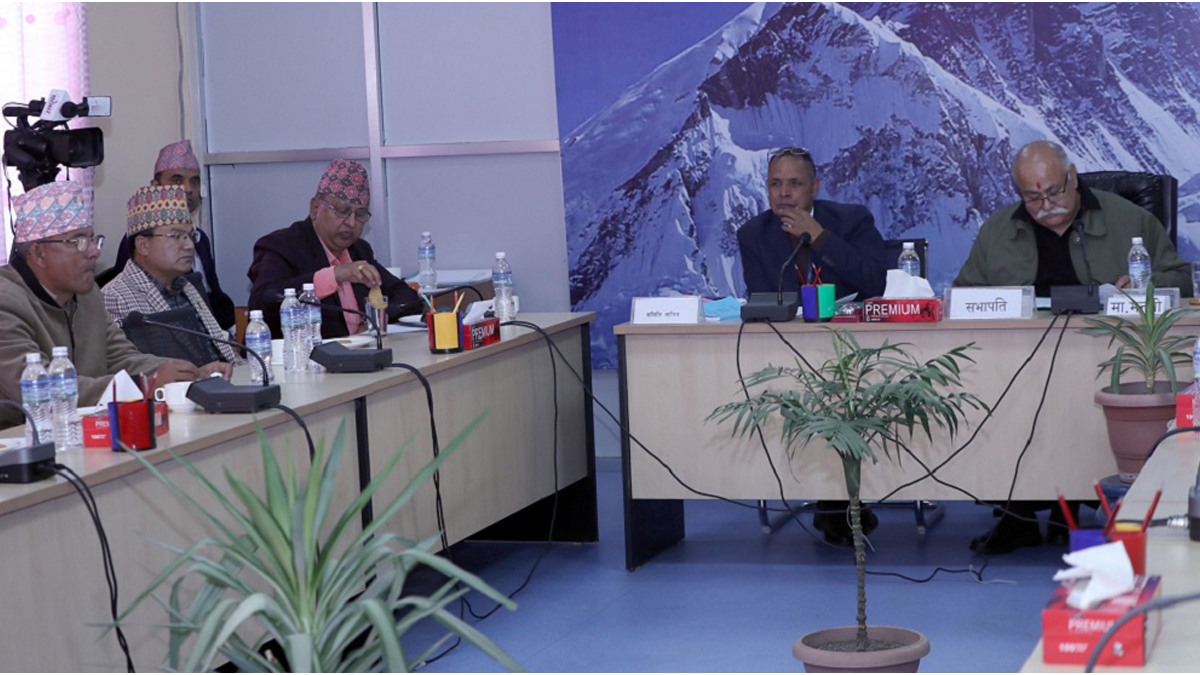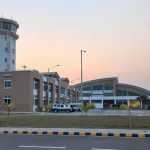
Parliamentary Committee to Intensify Oversight on Nepal-India Power Trade Agreement

The Infrastructure Development Committee of the House of Representatives (HoR) has decided to ramp up its efforts to gather updates on the Nepal-India Power Trade Agreement (PTA) and other pertinent matters from the Minister for Energy, Water Resources, and Irrigation.
During a meeting held today, Committee members expressed their dissatisfaction with previous attempts to obtain information in writing and unanimously decided to invite the Minister for a detailed briefing in the next session. Emphasizing the urgency of concluding a bill related to power development, which holds strategic importance for trade and international relations, members underscored the need for swift action.
Based on the feedback from the meeting, the Committee has outlined plans to consult with the Minister on questions concerning electricity dedicated and trunk lines. Additionally, a proactive approach has been adopted to engage with ministry officials for discussions on challenges in the implementation of national pride electricity projects, with the aim of identifying viable solutions.
The meeting also addressed the Power Trade Bill of 2080 BS, received on October 13, along with suggestions from various stakeholders. The Committee has committed to enriching the document further, acknowledging the receipt of 96 proposed amendments from lawmakers. To streamline this process, a 10-member taskforce has been formed to gather suggestions and create an environment conducive to the construction of stalled projects, including infrastructure initiatives.
Committee president Deepak Bahadur Singh announced the composition of the taskforce, highlighting representation from major political parties. The taskforce is set to play a pivotal role in charting a course for the successful implementation of projects that have faced delays.
During the meeting, some committee members attributed project delays to contractor responsibilities, particularly in the construction of physical infrastructure projects such as roads. Others cited government budgetary delays as a contributing factor. The Committee directed its secretariat to prepare a roster of experts to be called upon for valuable insights during future meetings.
The Committee members collectively stressed the importance of proactively addressing the challenges faced by the people through timely legislation and effective oversight. They called for an end to the practice of extending deadlines for problematic projects without tangible progress, which often results in escalating overall costs. The Committee is poised to take on an active role in shaping the legislative landscape and ensuring accountability in infrastructure development.












Comments